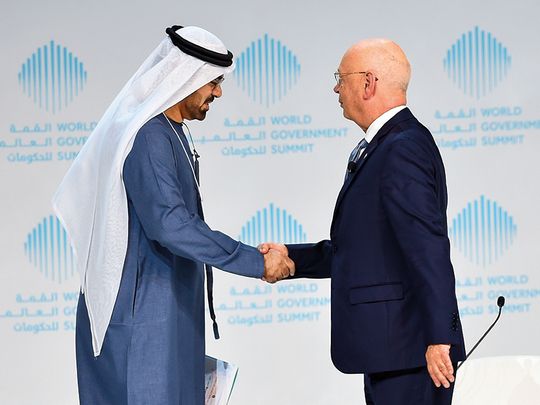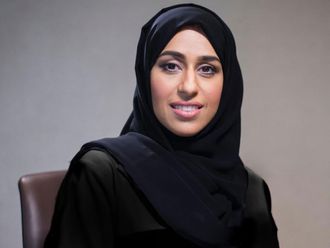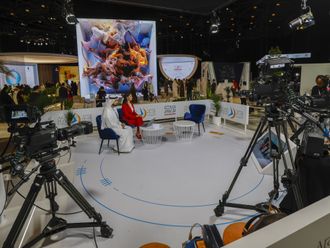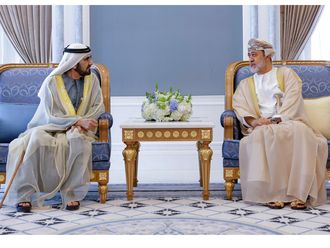
Dubai: Day one of World Government Summit certainly lived up its theme of “Shaping Future Governments”.
World leaders, scientists, academics and global thinkers shared daunting the challenges ahead with 4,000 delegates on Sunday in Dubai, but offered rays of hope for governments to connect the dots between the future, technology and uncertainty.
French Prime Minister Edouard Phillipe in his opening remarks touched upon the summit theme, noting that history remembers leaders who transform and reform their constituencies for a better tomorrow for citizens.
The French leader Napoleon, for example, is not remembered just for conquering a vast swathe of Europe but also for his foresight to look ahead to a brighter future for his country, he said.
“What stays in our memory two centuries later is his capacity to reform laws and civilian society in France,” Edouard told delegates.
“The good governments are the ones who put building blocks for those who follow them,” he said. “Ïn order to bring about transformation, you need a vision, a method, so that the transformation is incarnated in someone.”
The year 2018 will be a time of great change around the world, said Professor Klaus Schwab, Founder and Chairman of World Economic Forum, in the opening address at World Economic Summit on Sunday in Dubai.
“Never before has the speed of change been so great as in 2018,” Schwab told some of the 4,000 summit delegates attending in the main hall.
Governments around the world must find more solid middle ground to boost their economies and bring up the least of its citizens to a better quality of life, said Angel Gurria, Secretary-General of the Organisation for Economic Cooperation and Development (OECD), in a panel discussion at the World Economic Summit.
Speaking at the third morning session, Gurria said governments are running the risk of voters abandoning the basic tenets of democracy as countries grapple with growing populism and a widening gap between haves and have-nots.
Some countries seem to be on the verge of giving up on electoral process and governance.
“Why did we lose Brexit? Why, because 60 per cent of youth didn’t believe they needed to go and vote,” Gurria said. “More dangerous than voting for change … is that people no longer vote because they have lost trust not only in governments but in democracy.
“We’re struggling with democracy, looking at the different forms, the different ideals,” he said.
He argued that many world governments missed the boat to help the lower rungs of its voters in the last 10 years since the 2008 world economic crisis.
He said fragmentation could be worse in future if the needs of the more vulnerable elements of society are not met.
“We left too many people on the outside of the process,” Gurria said in a discussion with moderator and CNN presenter Richard Quest. “We have to go back and take a look at how we can get them back on the bandwagon.”
Gurria said governments “need a balance of growth and inclusiveness.”
“The idea that if governments open up and become more democratic they will fall, is a false dilemma,” he said.
One of the world’s most popular physicists, Professor Michio Kaku, said few can imagine the ease and wonder the future will bring to unsuspecting citizens of the future.
In an opening address on the opening of the summit, Michio said science will prevail in a fourth wave of discovery at the molecular levels combined with highly sophisticated technology.
“Computers will be so cheap, they will cost a penny,” Michio told summit delegates. “They will be available everywhere and anywhere.”
Technology will bring us internet-enabled contact lenses, cars without steering wheels, digital wallpaper that will take questions and MRI medical machines the size of mobile phones.
“In the future, we will talk to the wall to receive medical care,” said Michio, a popular personality seen on science-related television shows for decades around the world.











